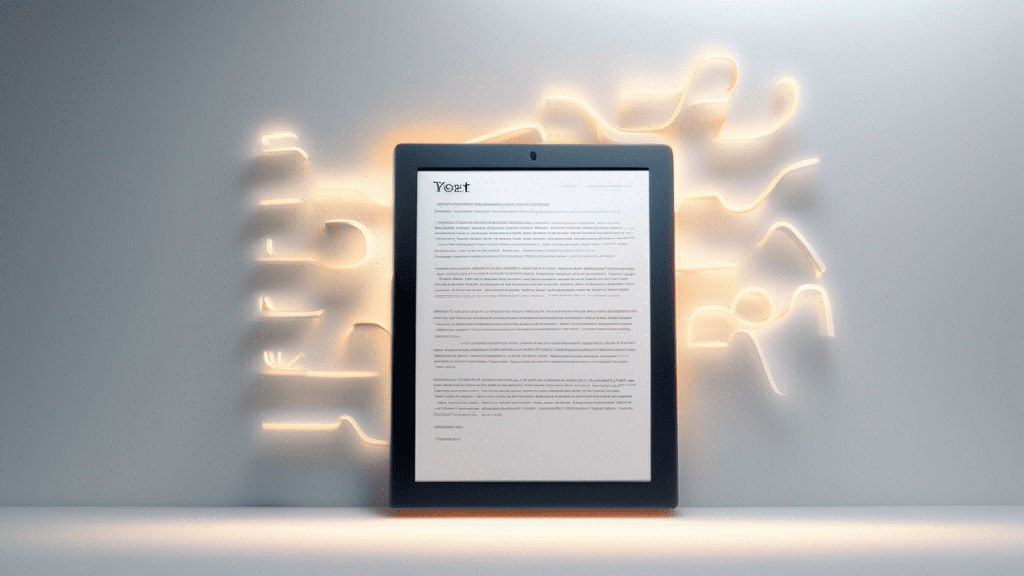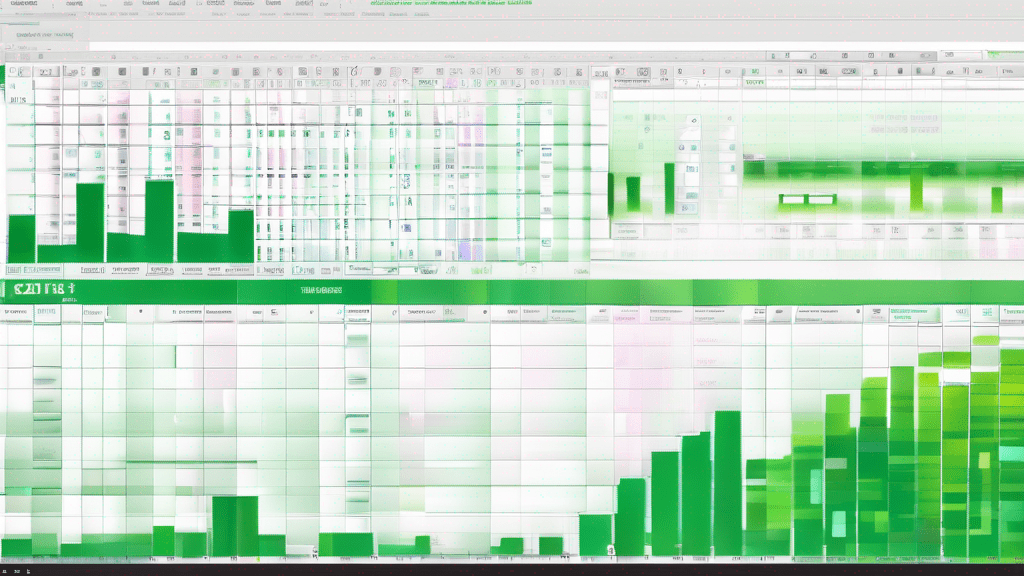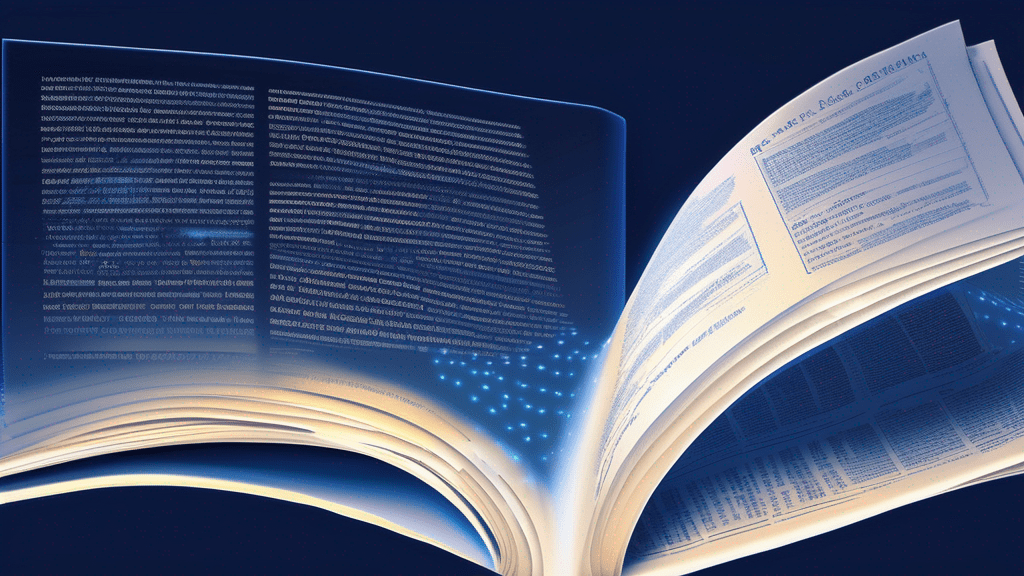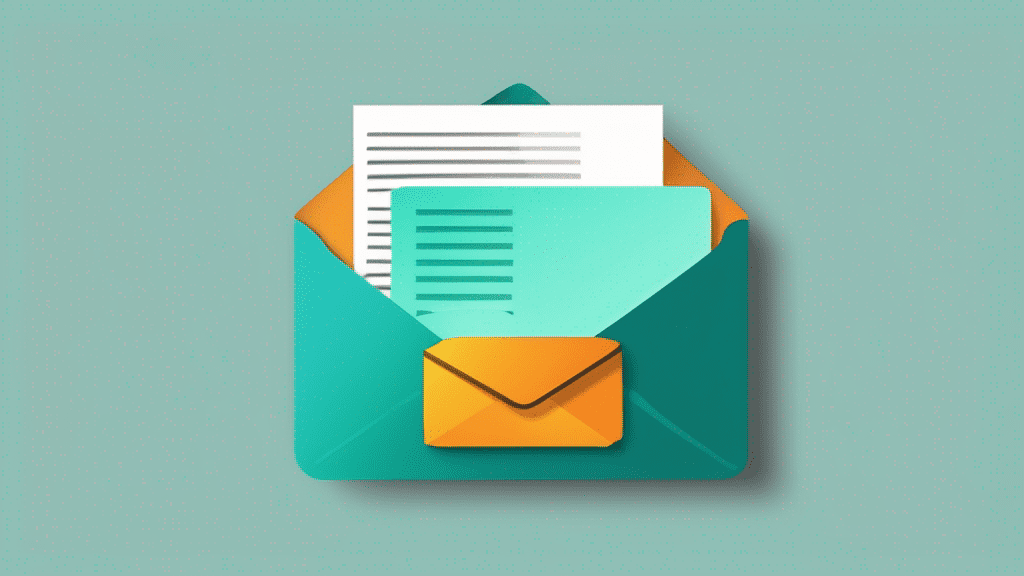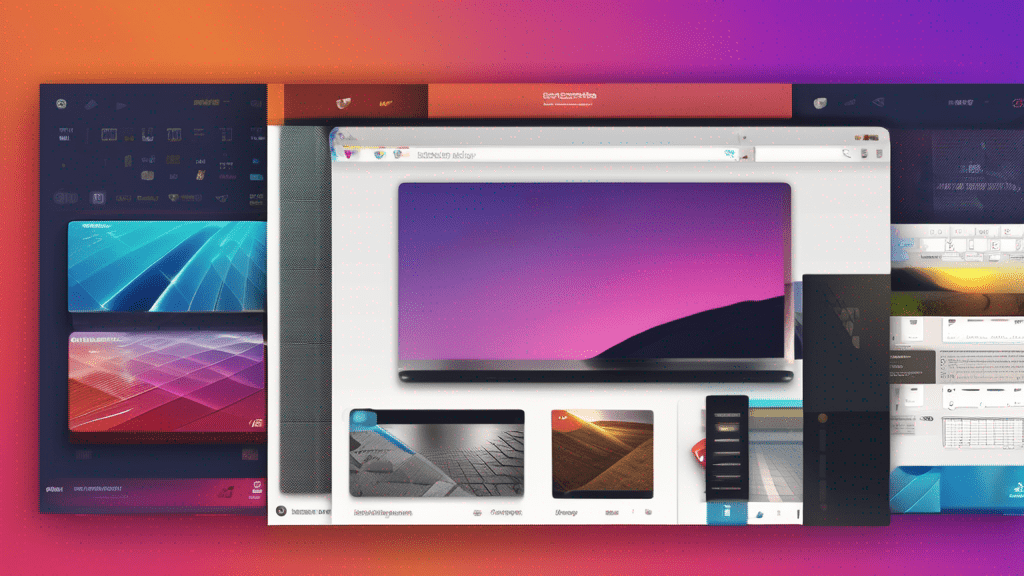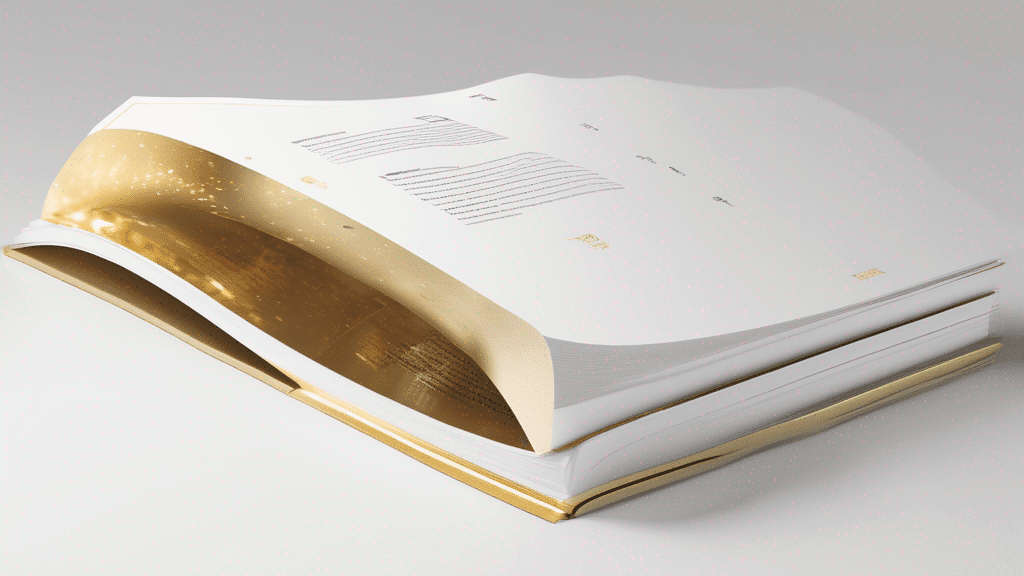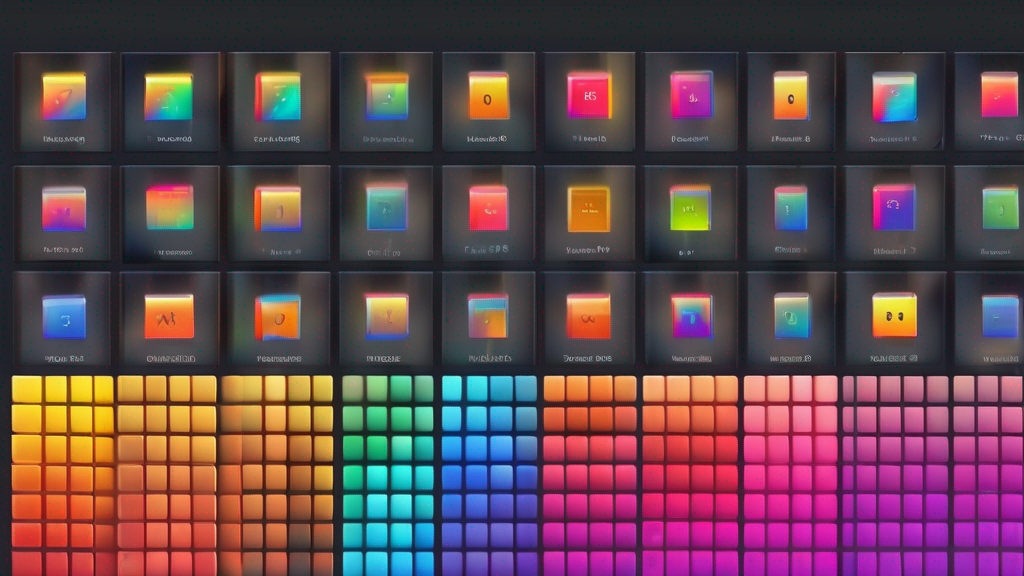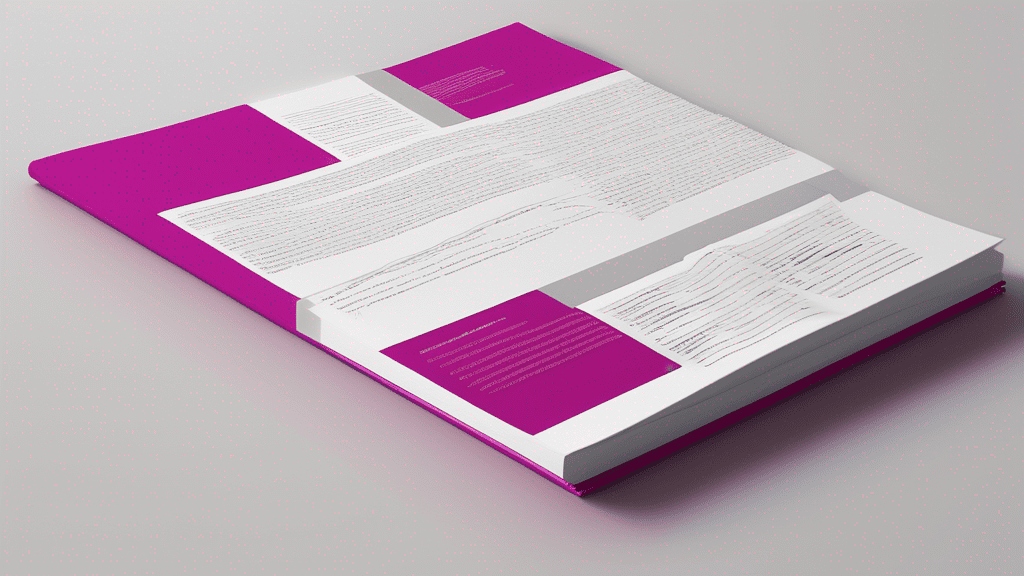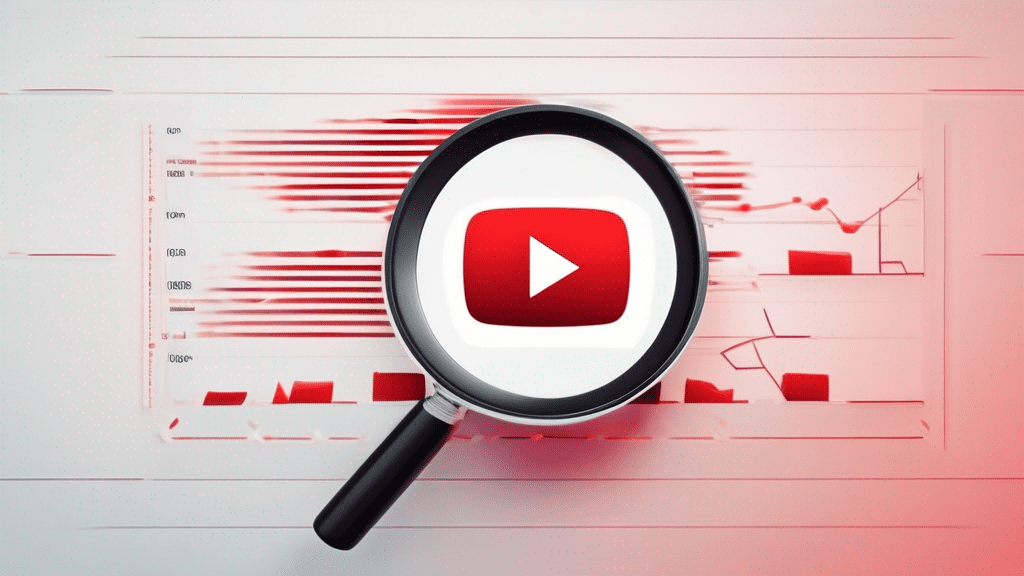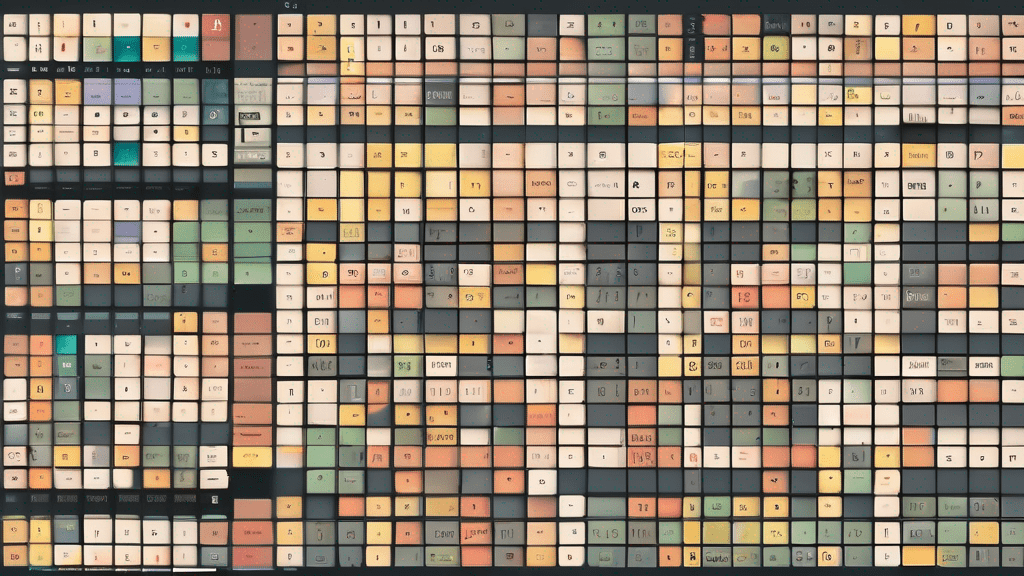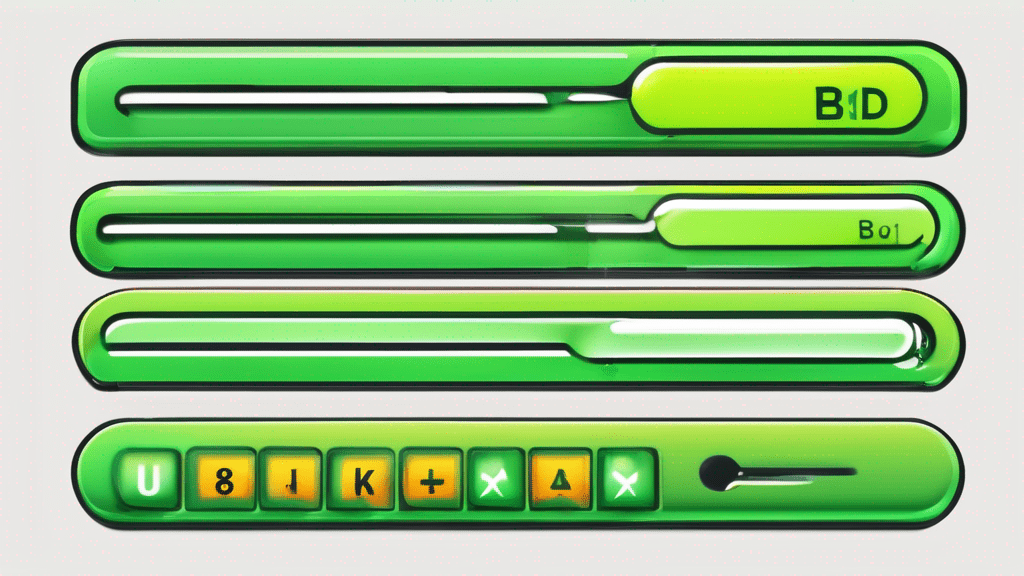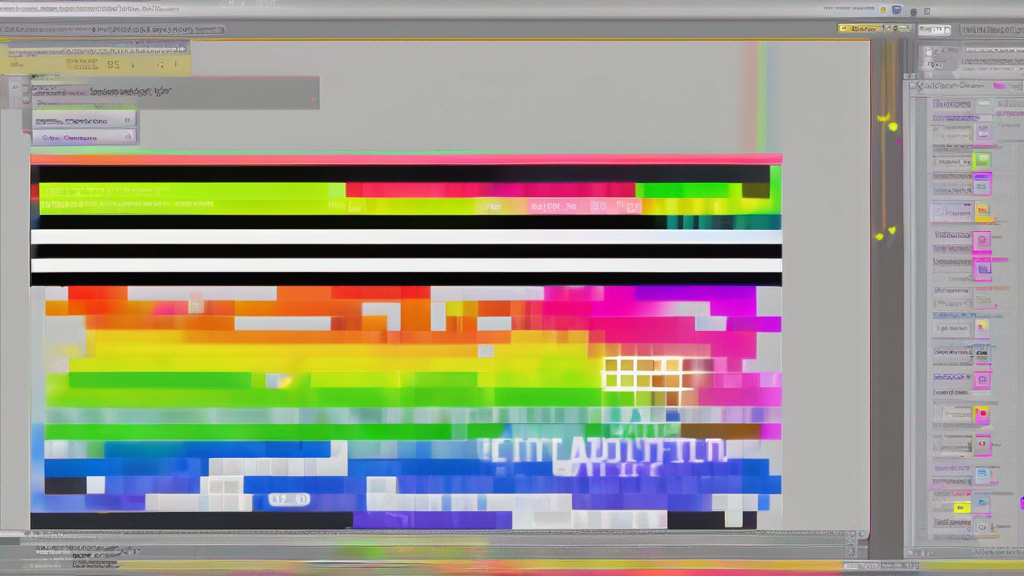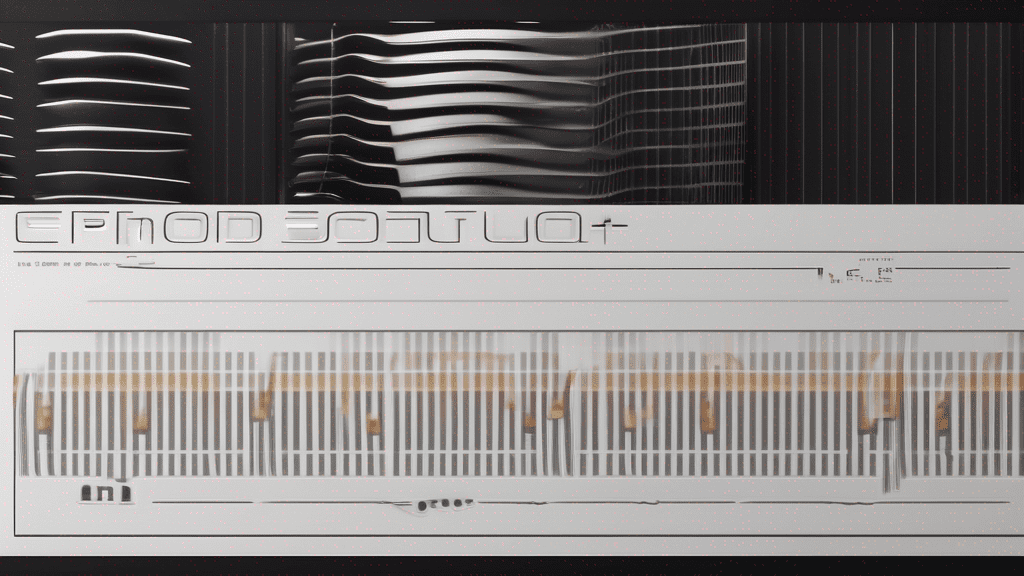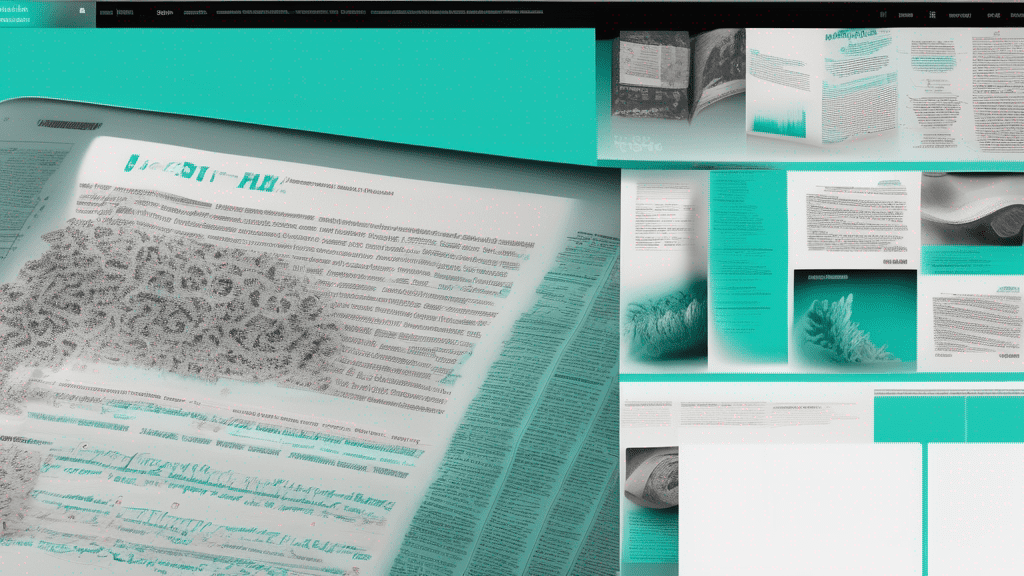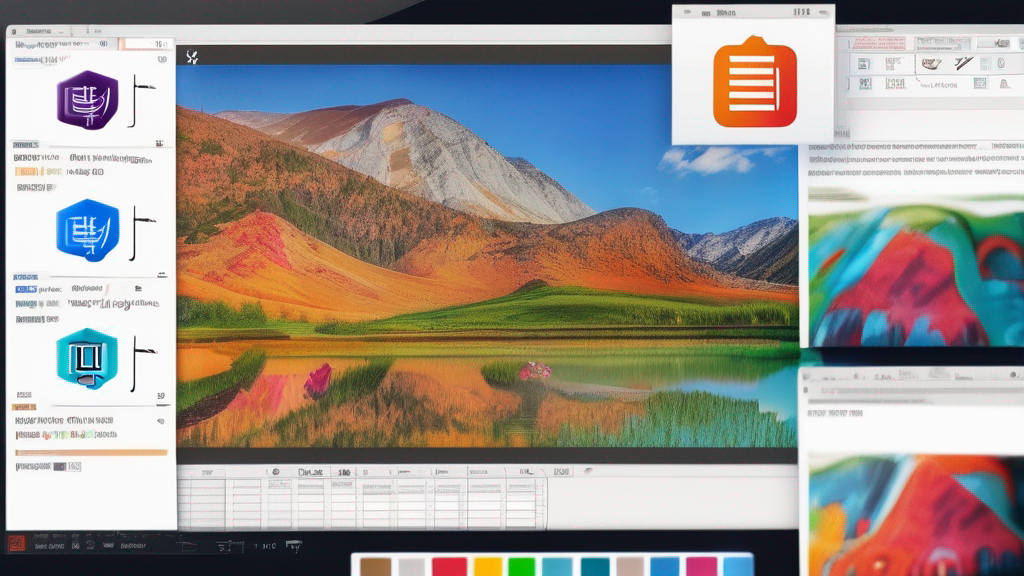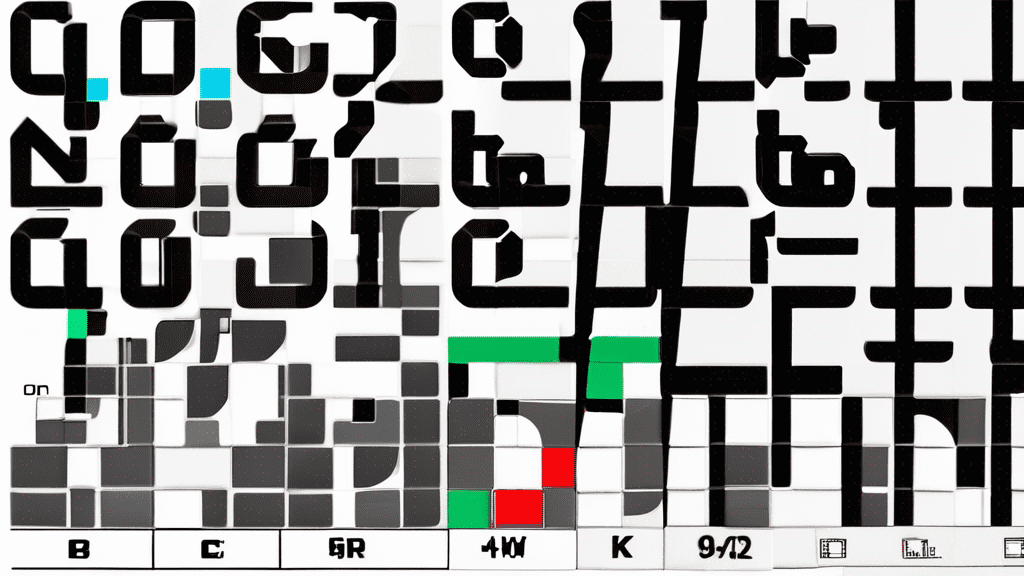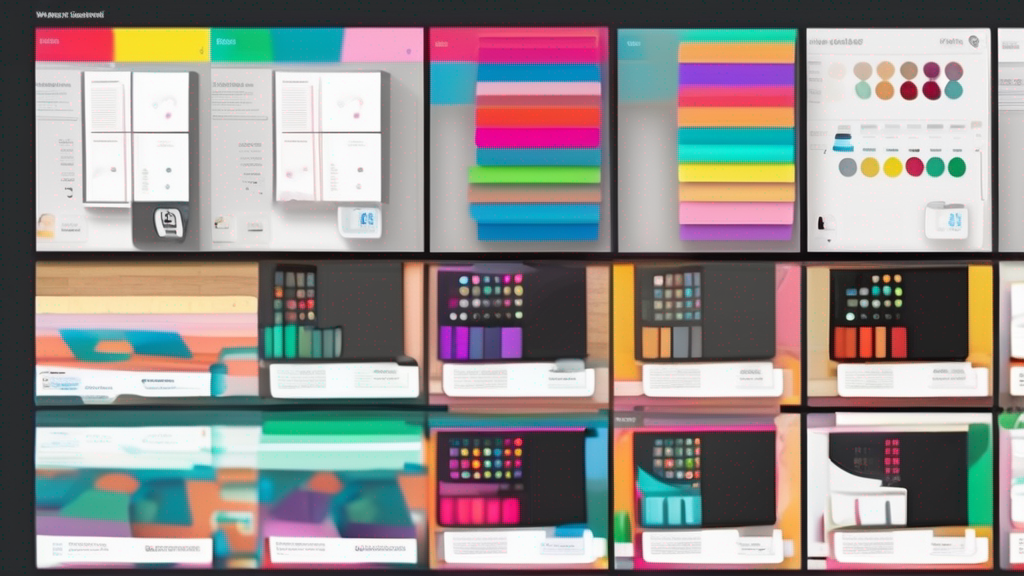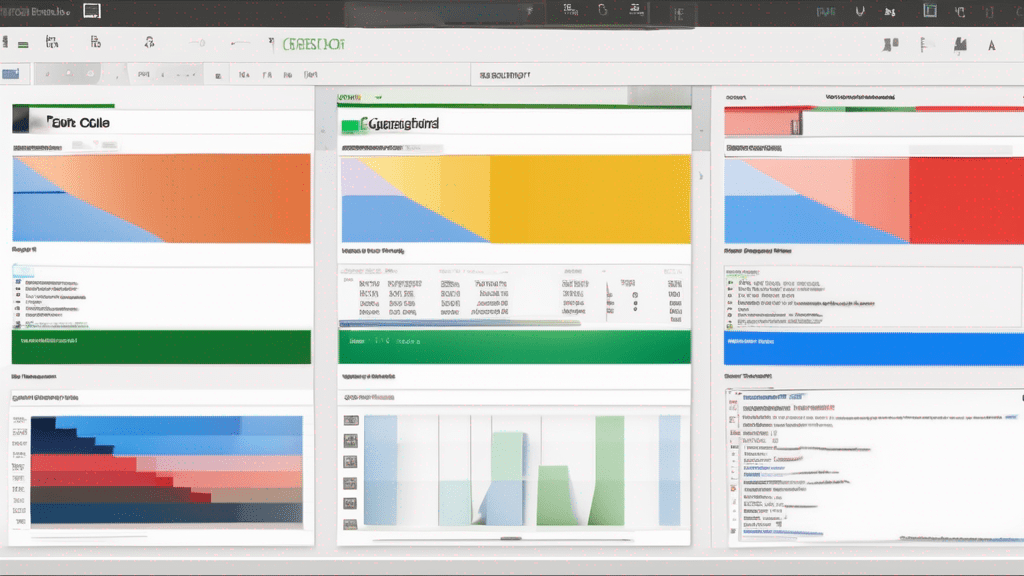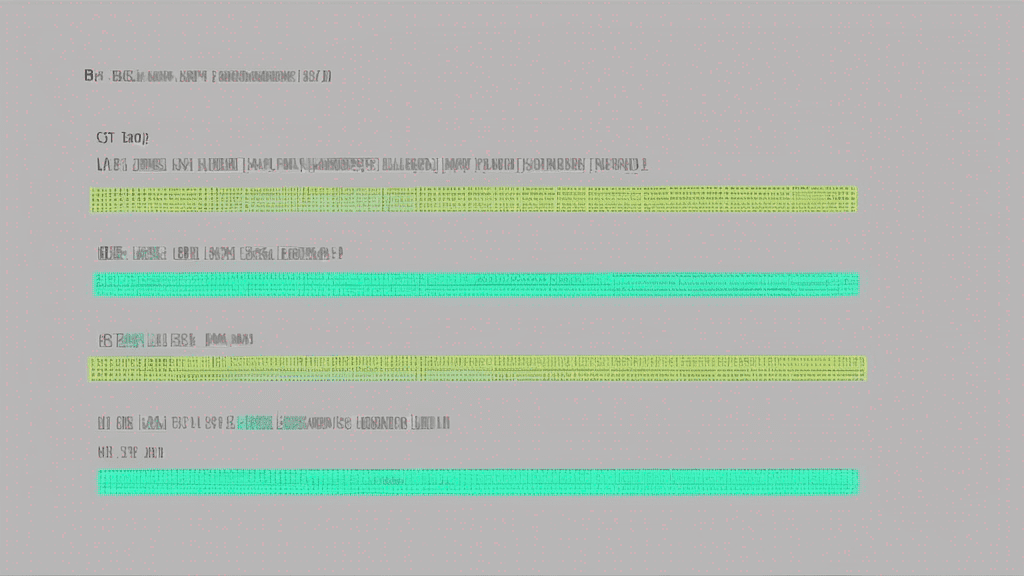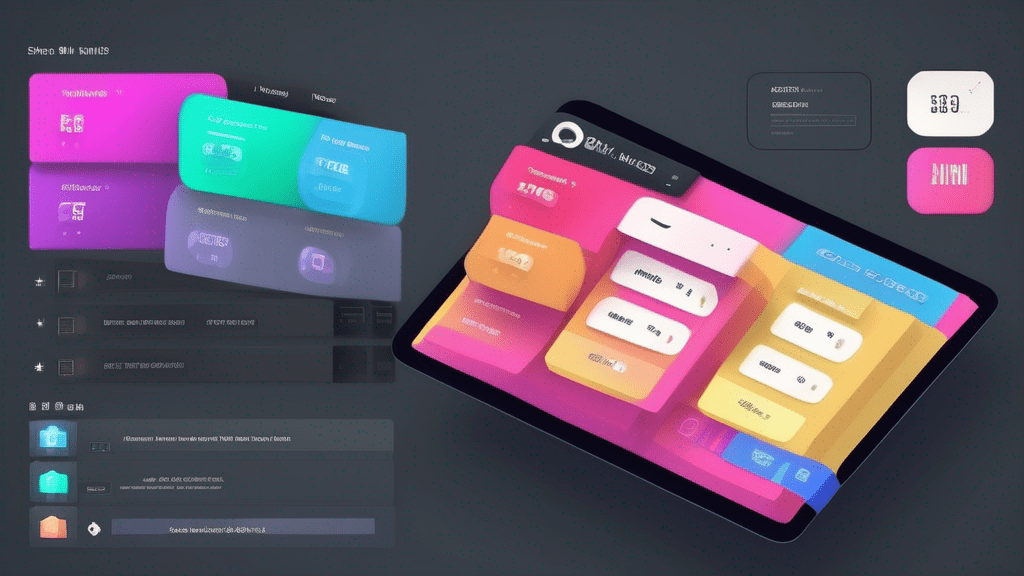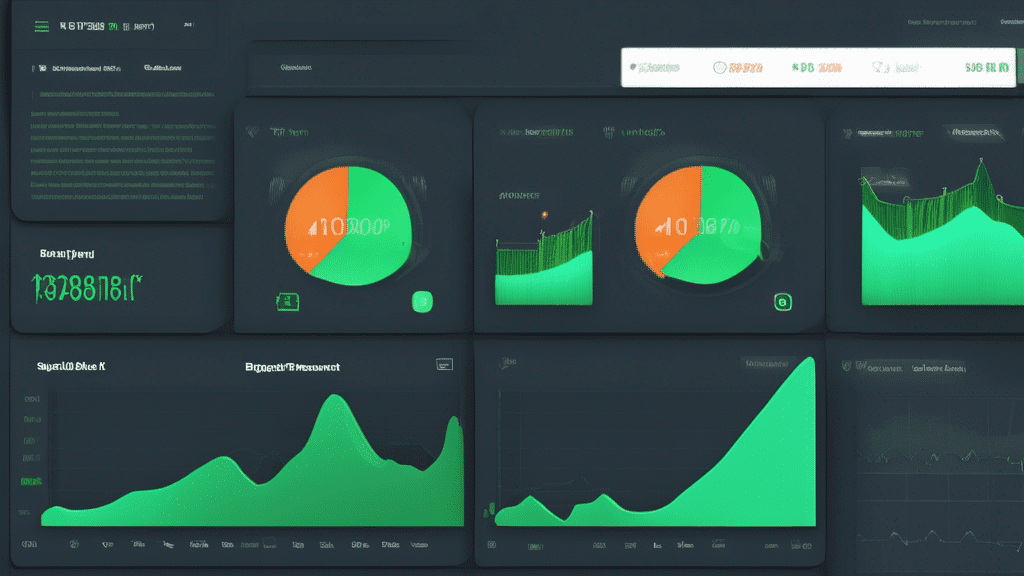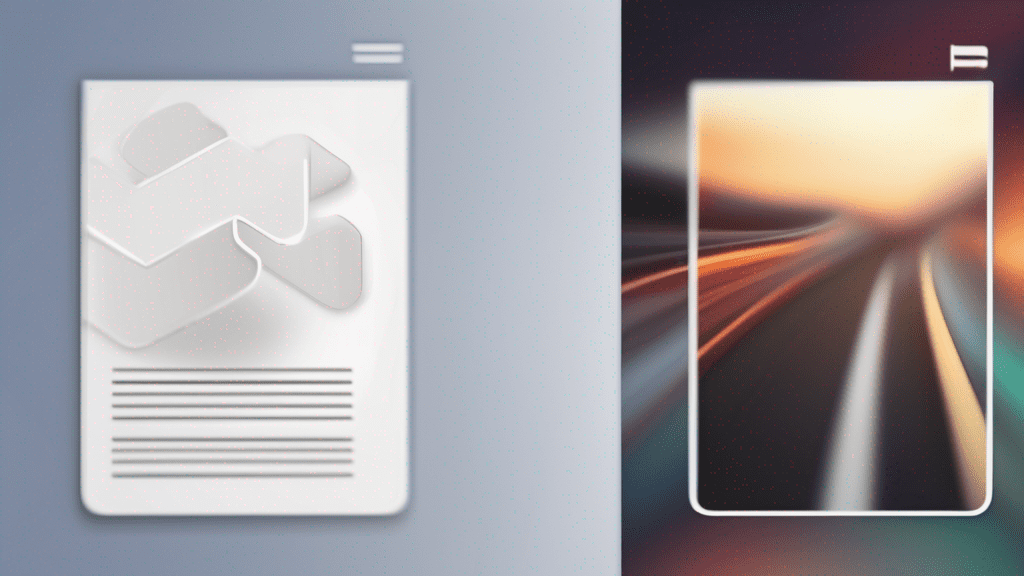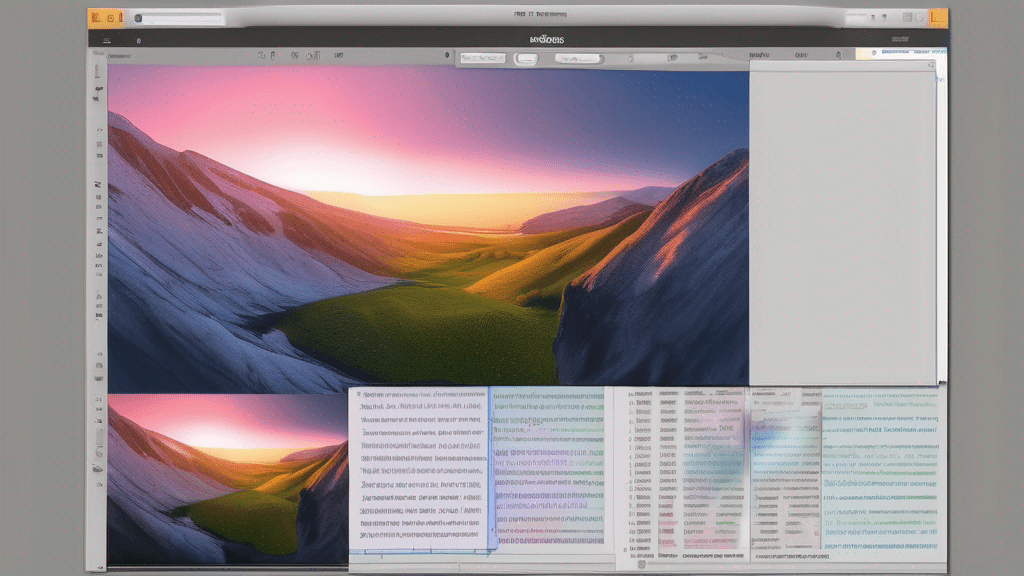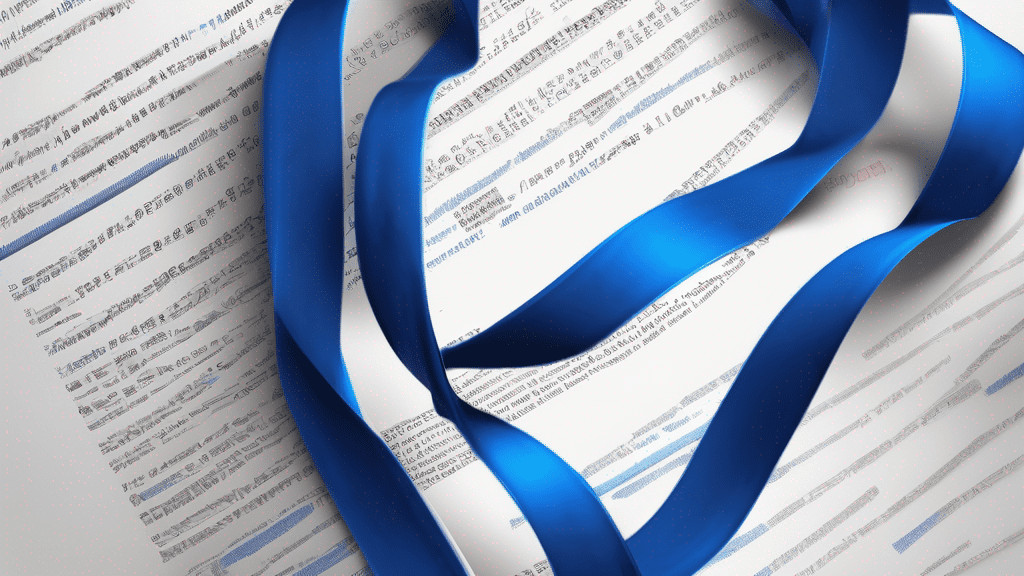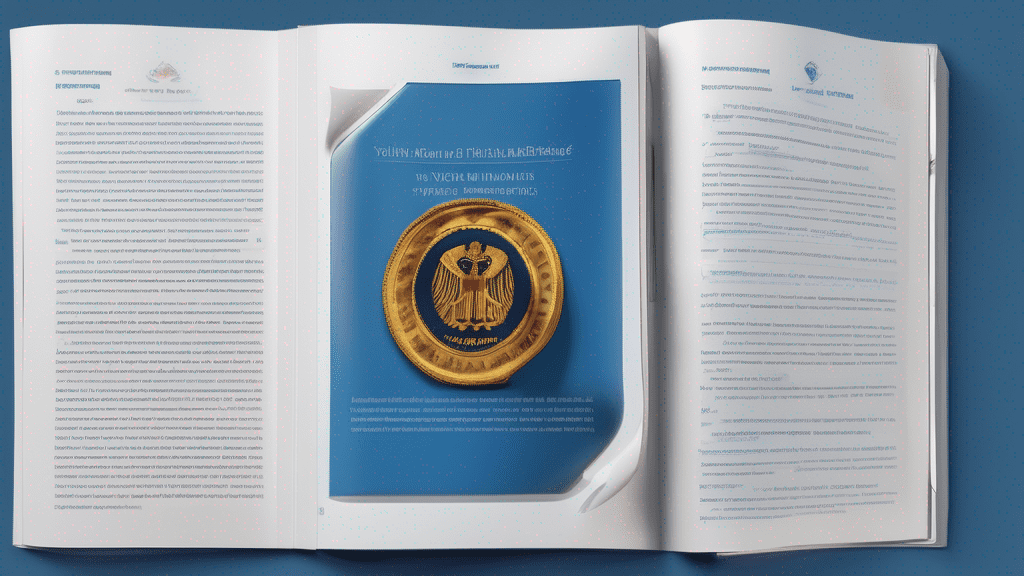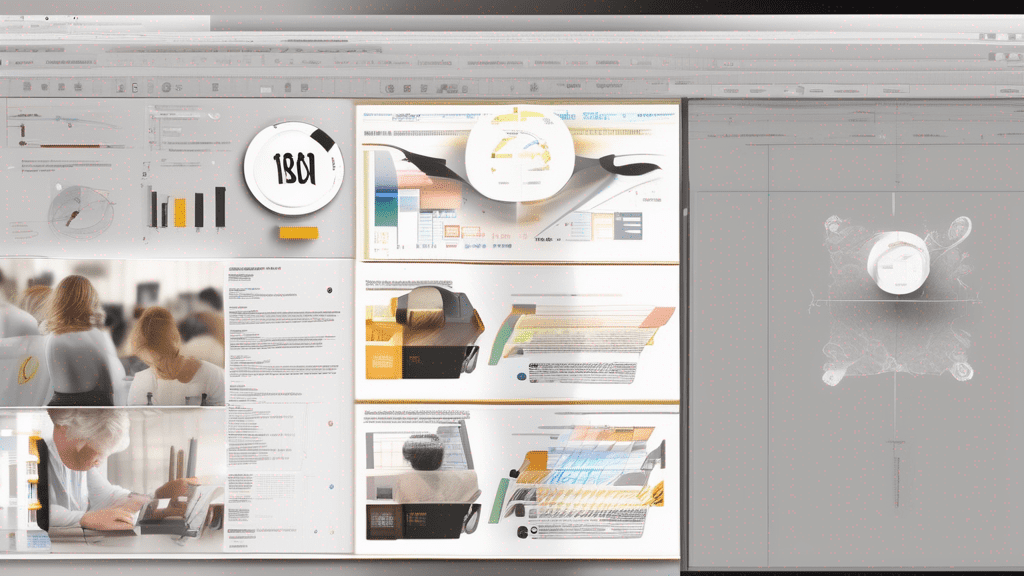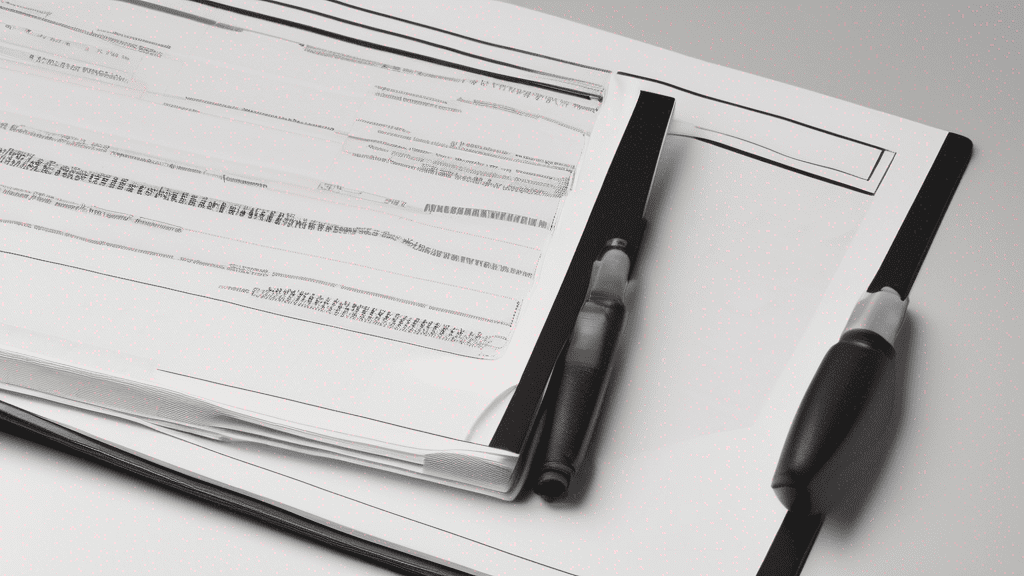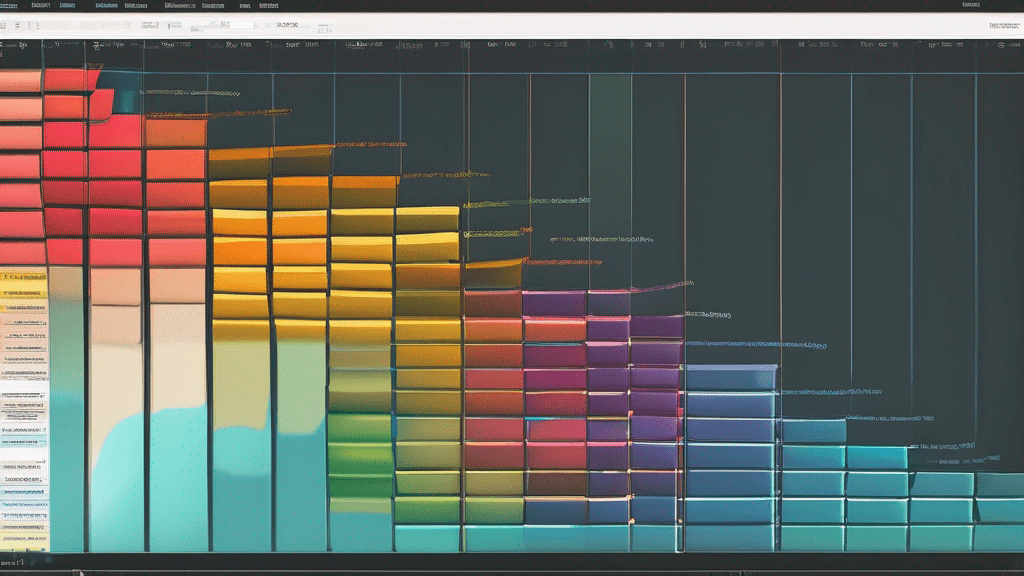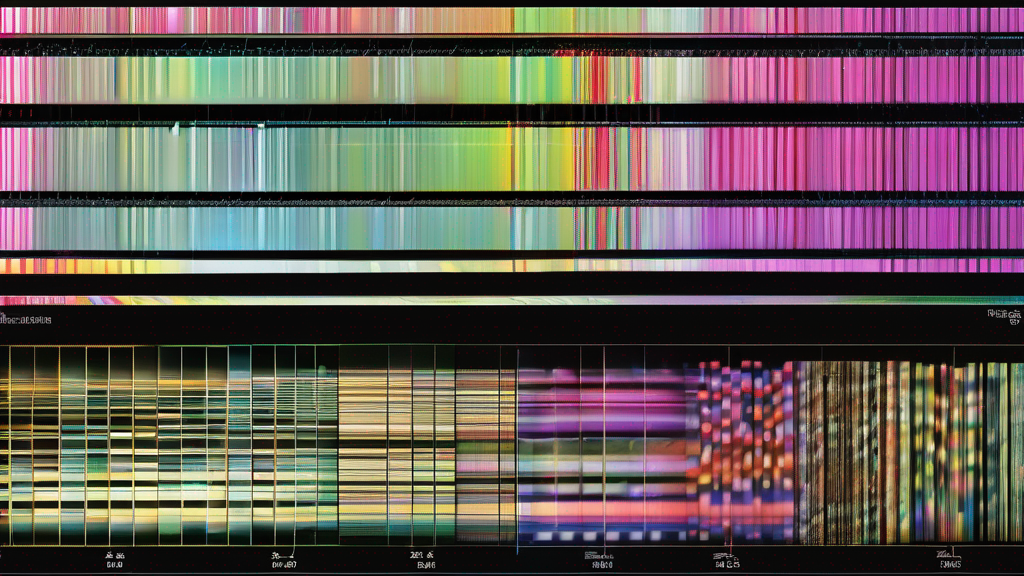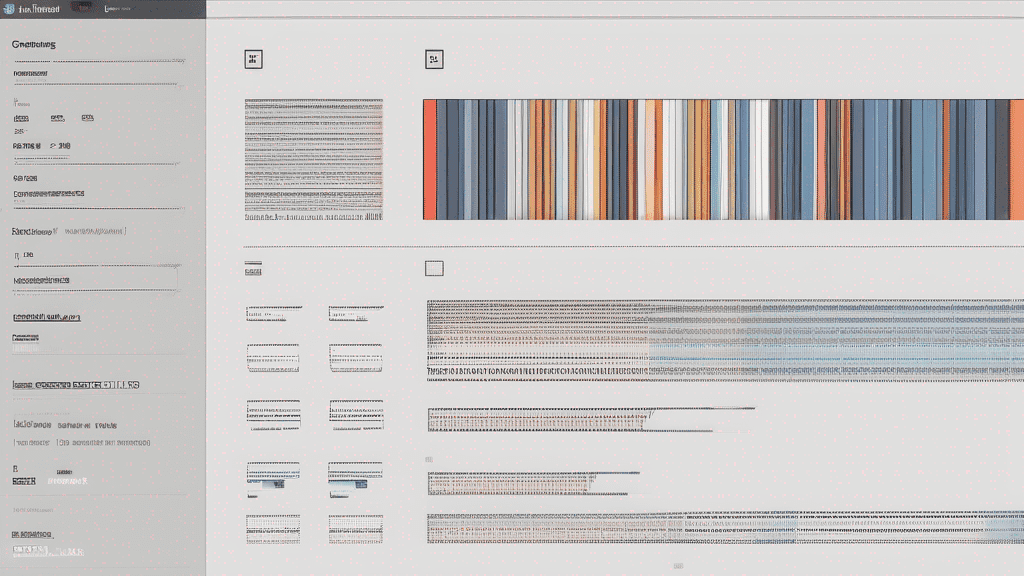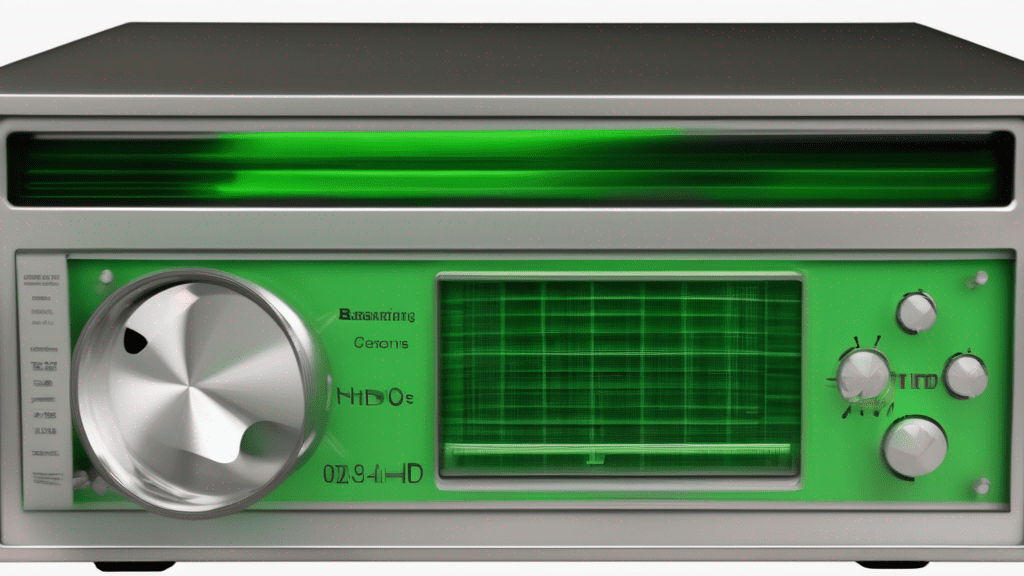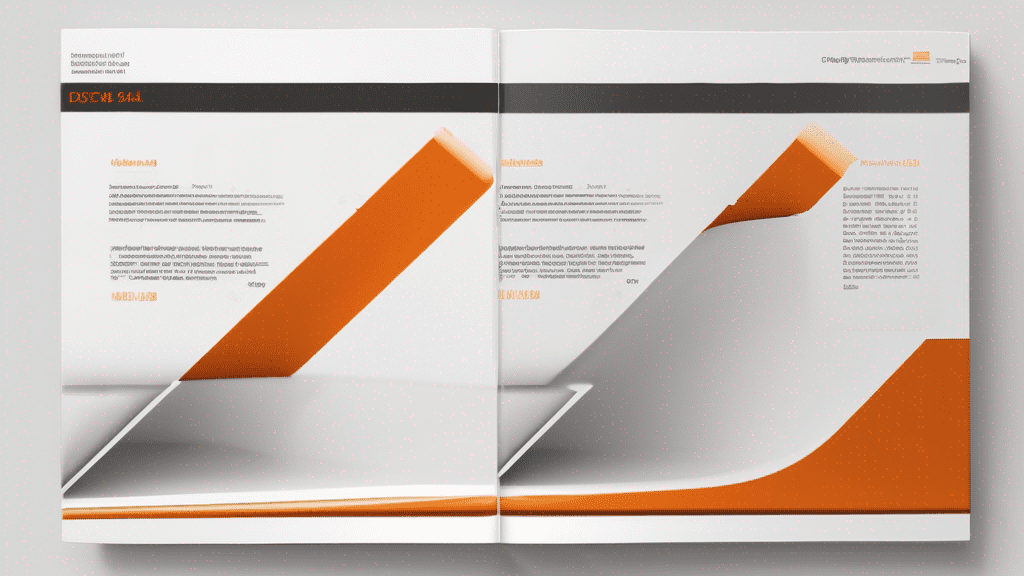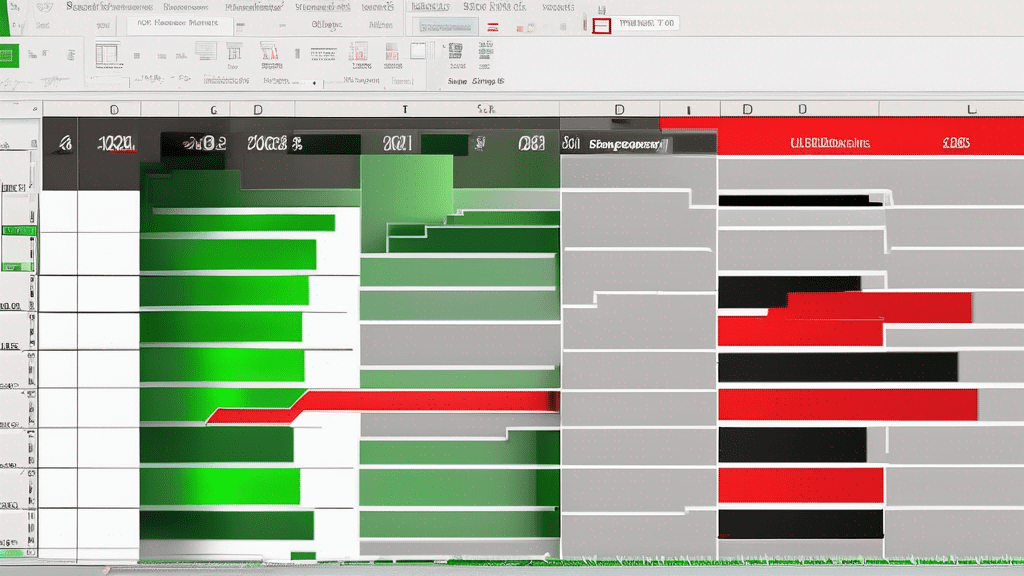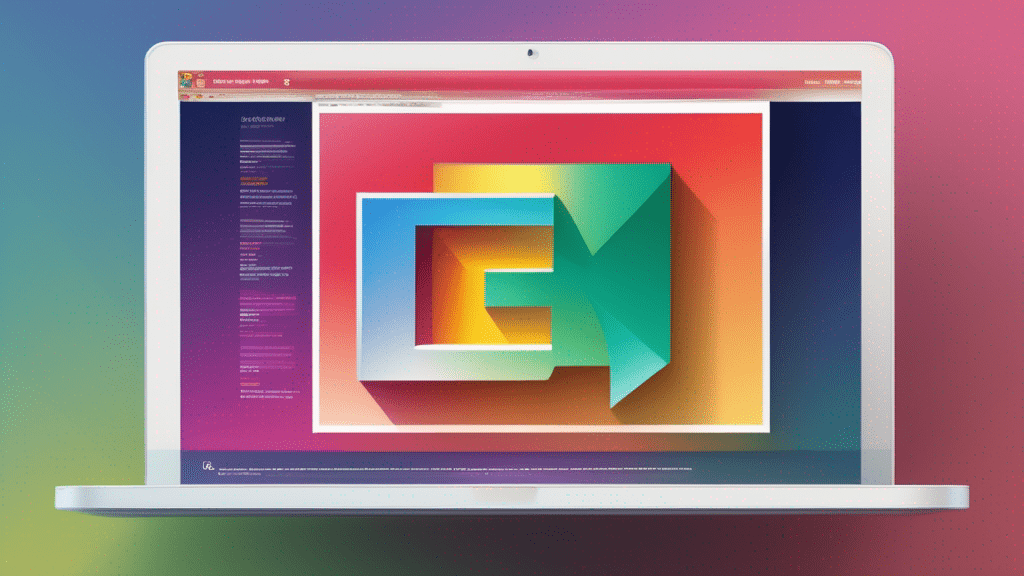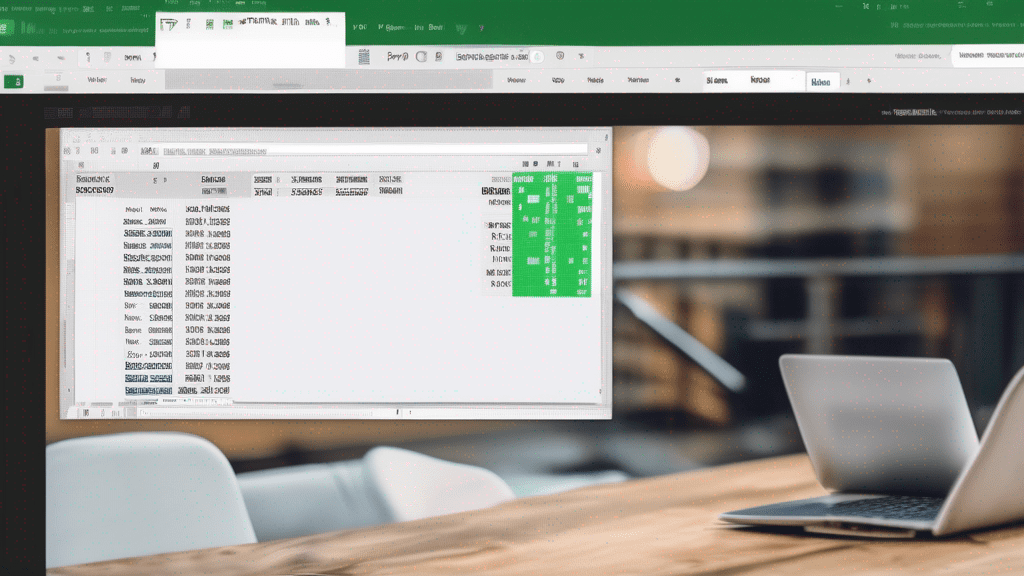In today’s data-driven world, JSON (JavaScript Object Notation) has become a ubiquitous format for storing and transmitting structured data. While JSON files are excellent for machine readability and data exchange, they can be challenging for humans to interpret and analyze, especially when dealing with large and complex datasets. This is where a JSON to PDF converter comes in handy, allowing you to transform your JSON data into a visually appealing and human-readable PDF format.
Whether you’re a developer, data analyst, or simply someone who needs to share JSON data with colleagues or clients, a JSON to PDF converter can streamline your workflow and make your data more accessible. By converting JSON to PDF, you can easily share, print, and present your data in a format that everyone can understand, without the need for specialized software or technical expertise.
Benefits of Converting JSON to PDF
Using a JSON to PDF converter offers several advantages, including:
- Improved readability: PDF documents are designed for human consumption, making it easier to navigate and comprehend complex data structures.
- Portability: PDF files are universally recognized and can be opened on virtually any device or operating system, ensuring seamless sharing and collaboration.
- Formatting flexibility: Many JSON to PDF converters allow you to customize the layout, styling, and formatting of your PDF output, enabling you to present your data in a visually appealing and professional manner.
- Data integrity: Unlike editable formats like Word or Excel, PDF files are typically read-only, ensuring that your data remains intact and unaltered during sharing or distribution.
How to Convert JSON to PDF
Converting JSON data to PDF is a straightforward process with the right tools. Here’s a typical workflow:
- Prepare your JSON data: Ensure that your JSON data is well-formatted and structured correctly.
- Choose a JSON to PDF converter: There are various online tools and desktop applications available for converting JSON to PDF. Some popular options include FilesAlter’s JSON to PDF Converter, PDFMachine, and JSON Viewer Pro.
- Upload or paste your JSON data: Most converters allow you to either upload a JSON file or paste the JSON code directly into a text area.
- Configure output settings (optional): Depending on the converter, you may have the option to customize the output PDF’s layout, styling, and formatting.
- Convert and download: Once you’ve configured the settings to your liking, initiate the conversion process. The converter will generate a PDF file based on your JSON data, which you can then download or share as needed.
Comparison of JSON to PDF Converters
When choosing a JSON to PDF converter, consider factors such as ease of use, output quality, customization options, and pricing (if applicable). Here’s a quick comparison of some popular options:
| Converter | Free Version | Customization | Output Quality |
|---|---|---|---|
| FilesAlter | Yes | Limited | High |
| PDFMachine | No | Extensive | High |
| JSON Viewer Pro | Yes | Moderate | Moderate |
Use Cases for JSON to PDF Conversion
JSON to PDF conversion can be useful in various scenarios, such as:
- Sharing API responses or database exports with non-technical stakeholders
- Generating reports or documentation from JSON-based data sources
- Archiving or printing JSON data for record-keeping purposes
- Presenting JSON data in a visually appealing format during meetings or presentations
Whether you’re working with large datasets, complex JSON structures, or simply need a more user-friendly way to share and present your data, a JSON to PDF converter can be a valuable tool in your arsenal.
Ready to transform your JSON data into a polished PDF document? Head over to FilesAlter’s JSON to PDF Converter and give it a try today!



